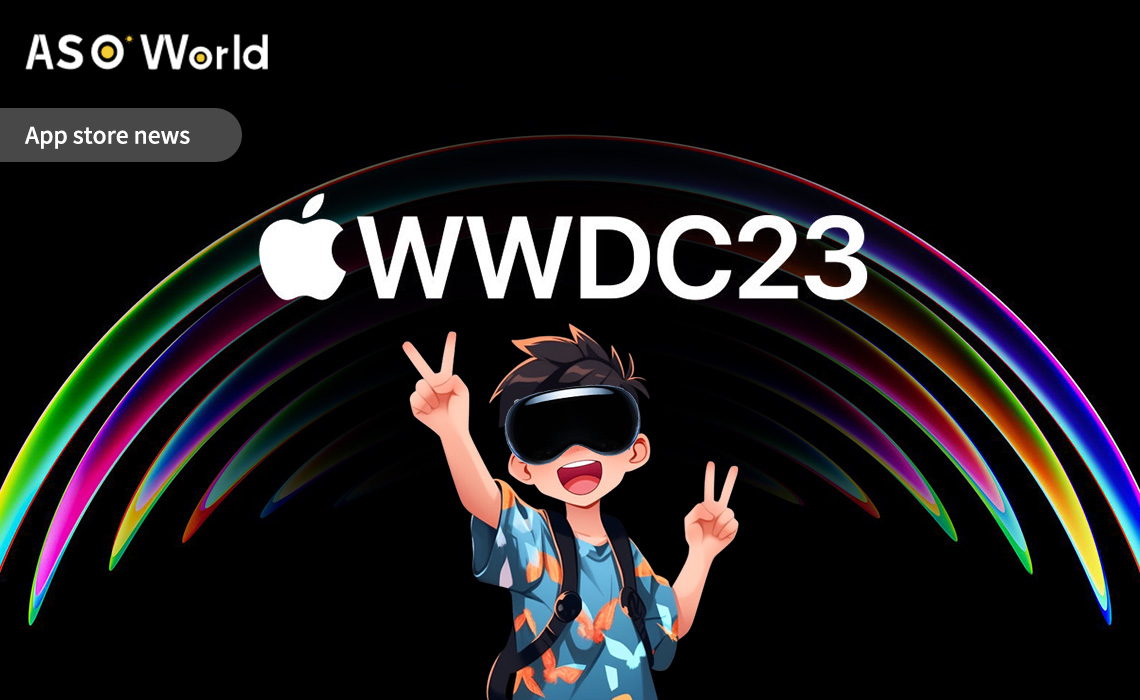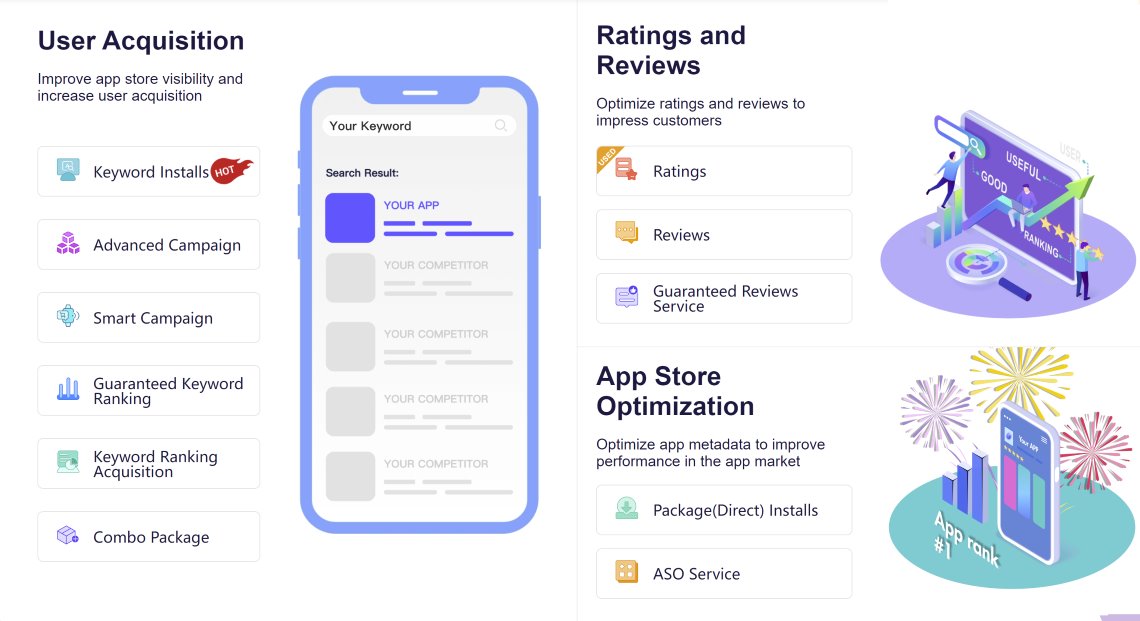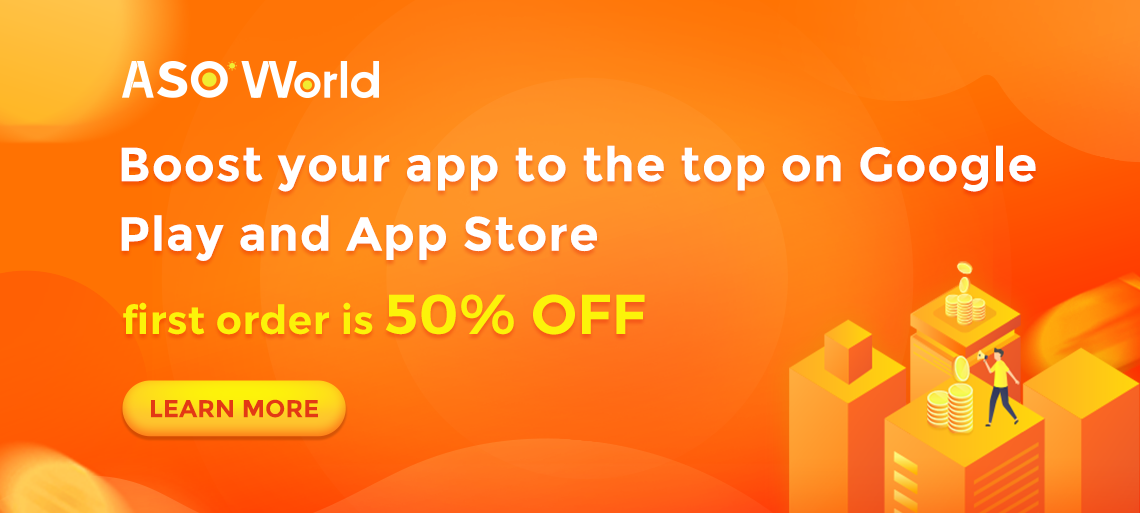Apple’s New Games App: Essential Features and Takeaways for Developers






In this summary, we will highlight everything from the remarkable Vision Pro headset to the fascinating new functionality called the "Privacy Manifest."

If you have been keeping up with the latest updates from WWDC 2023, you are likely aware of the abundance of news to absorb. Following four days of enlightening sessions and product unveilings, Apple has left us with a lot to delve into.
In this summary, we will highlight everything from the remarkable Vision Pro headset to the fascinating new functionality called the "Privacy Manifest."
So, let's delve into it.
While the industry is still grappling with the challenges of implementing SKAN 4.0, Apple surprised us by mentioning SKAN 5.0. However, there's no need to fret. This doesn't imply an immediate launch of SKAN 5.0 but rather reflects Apple's commitment to enhancing SKAdNetwork with more significant features.
Not much information has been disclosed about SKAN 5.0 yet. Nevertheless, it appears that the changes won't be too drastic compared to SKAN 4.0. Excitingly, Apple's announcement hints at the inclusion of re-engagement support in SKAN 5.0. This demonstrates that Apple has taken note of the market's feedback, as the demand for re-engagement measurement in SKAN has been a top request from the industry since SKAN 2.0.
Does Apple's official endorsement of remarketing measurement indicate a shift towards privacy-centric targeting and remarketing capabilities, akin to Google Privacy Sandbox? We certainly hope so.
During WWDC 2022, Apple introduced Privacy Nutrition Labels, which provide users with valuable insights into how apps handle data. These labels offer a comprehensive overview of an app's privacy practices.
To simplify the process of creating these labels, Apple is introducing a new approach that makes it easier for developers to provide transparent and consistent information about their app's data handling, especially when using third-party SDKs. This is achieved through the use of a collaboratively generated file called the Privacy Manifest, which involves both app developers and SDK developers.
So, how does it work? App developers and the third-party SDKs they use are required to disclose the types of data collected and describe their privacy practices. When developers are ready to distribute their app, Xcode simplifies the process by consolidating the Privacy Manifests from all the third-party SDKs they utilize. This generates a unified and user-friendly report that summarizes all the SDKs integrated into the app. This streamlined approach allows developers to create more accurate and easily understandable Privacy Nutrition Labels with greater efficiency.
* Grow with our app growth solutions - choose guaranteed app ranking service for TOP 5 app ranking acquirement, and maximize your app traffic.
* Or click the image above (for increase app installs, or keyword installs and app reviews and ratings service for app visibility.
To ensure a balance between user privacy and providing excellent user experiences, Apple has introduced a new type of APIs known as Required Reason APIs. These APIs are designed to have a significant impact on user privacy but can offer valuable functionalities when used appropriately.
The Required Reason APIs are categorized based on their functionality and the information they provide. Each category is associated with approved reasons for accessing them. For instance, an app may need to check available disk space before saving files or utilize a camera for video conferences. These approved reasons define the legitimate purposes for accessing the APIs.
To prevent misuse, apps and SDKs are only permitted to access these Required Reason APIs for the approved reasons specified in the Privacy Manifest. This means that the obtained data from these APIs cannot be used for any other purposes outside of the approved reasons.
To ensure transparency and clarify the usage of Required Reason APIs, app developers are required to declare the category of the API and specify the approved reasons for using the API from an official list provided in the Privacy Manifest. This declaration process aims to provide a clear understanding of why an app requires access to specific APIs and ensures that developers adhere to the approved reasons outlined by Apple.
Apple has announced that it will release a list of privacy-impacting SDKs. App developers who integrate these SDKs into their apps will be required to have the SDKs signed and publish their Privacy Manifest. Although this requirement currently applies only to SDKs identified as privacy-impacting, it is expected that it will become a widely adopted best practice among SDK developers.
By publishing the list of privacy-impacting SDKs, Apple aims to enhance transparency and accountability in the industry. App developers utilizing these SDKs will need to ensure that they comply with the necessary signing process and provide a Privacy Manifest to outline their data handling practices.
While this requirement is initially limited to privacy-impacting SDKs, it is anticipated that other SDK developers will recognize the value of this practice and voluntarily adopt it. This proactive approach aligns with Apple's commitment to prioritizing user privacy and fostering a more secure and transparent app ecosystem.
Click "Learn More" to drive your apps & games business with ASO World app promotion service now.
The upcoming release of iOS17 has generated excitement due to the anticipation of numerous exciting features. One feature that has been a topic of discussion and speculation is the potential addition of new app stores, specifically in Europe. However, it's important to note that as of now, there has been no official mention or confirmation regarding this addition to iOS17.
While the prospect of new app stores in Europe is intriguing, it is essential to rely on official announcements from Apple to obtain accurate and reliable information about upcoming features and updates. Apple typically reveals details about new features and enhancements closer to the release date of a new iOS version. Therefore, it is advisable to stay tuned for official announcements from Apple to learn more about the features that iOS17 will bring.
One of the thrilling highlights of WWDC 2023 was the unveiling of Vision Pro, an augmented and virtual reality headset powered by visionOS. Similar to Apple's previous devices and operating systems, visionOS will offer developers the chance to create, release, and monetize apps.Although the official public launch of this platform is scheduled for 2024, Apple is already urging brands to dive into the world of visionOS prior to the release of Vision Pro. Just as ChatGPT expanded the possibilities for brands to engage with users through plugins, Vision Pro is set to take it even further by unlocking a new realm of opportunities for developers.
With Vision Pro and visionOS, Apple aims to provide a cutting-edge platform for immersive augmented and virtual reality experiences, opening up exciting avenues for developers to create innovative applications and captivate users in a whole new way. The anticipation and buzz surrounding the potential of Vision Pro are palpable, signaling a new era of possibilities for brands and developers alike.
Integrating Vision Pro into our cross-platform measurement capabilities unlocks tremendous potential. By measuring performance across mobile, web, CTV, PC, consoles, ChatGPT, and Vision Pro, brands gain deeper insights into their audience. This optimization across diverse channels maximizes brand impact and boosts customer lifetime value (LTV).

Get FREE Optimization Consultation
Let's Grow Your App & Get Massive Traffic!
All content, layout and frame code of all ASOWorld blog sections belong to the original content and technical team, all reproduction and references need to indicate the source and link in the obvious position, otherwise legal responsibility will be pursued.